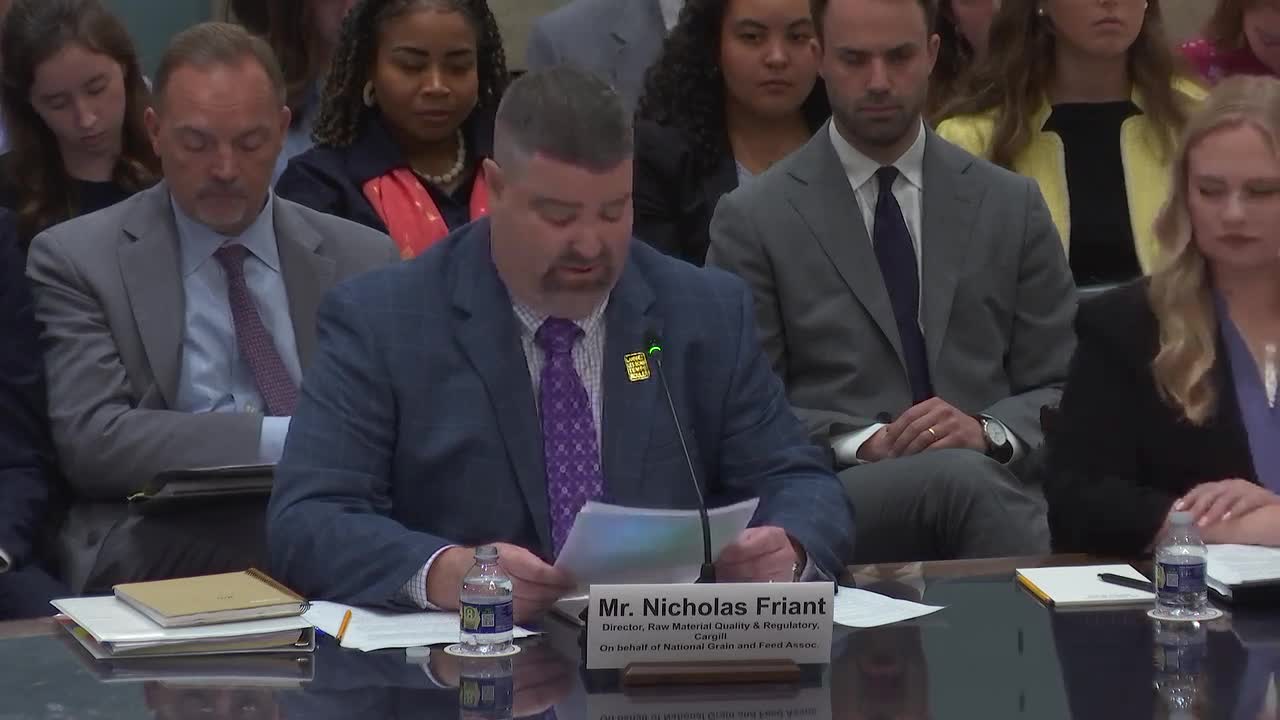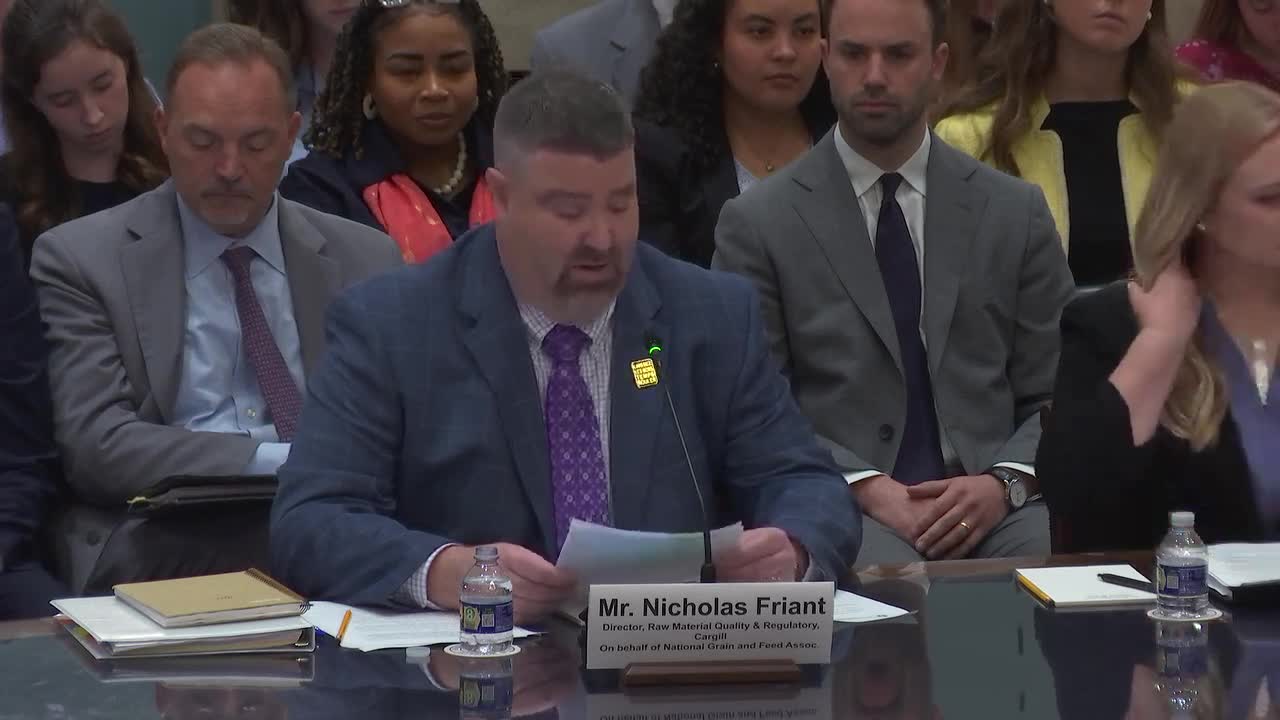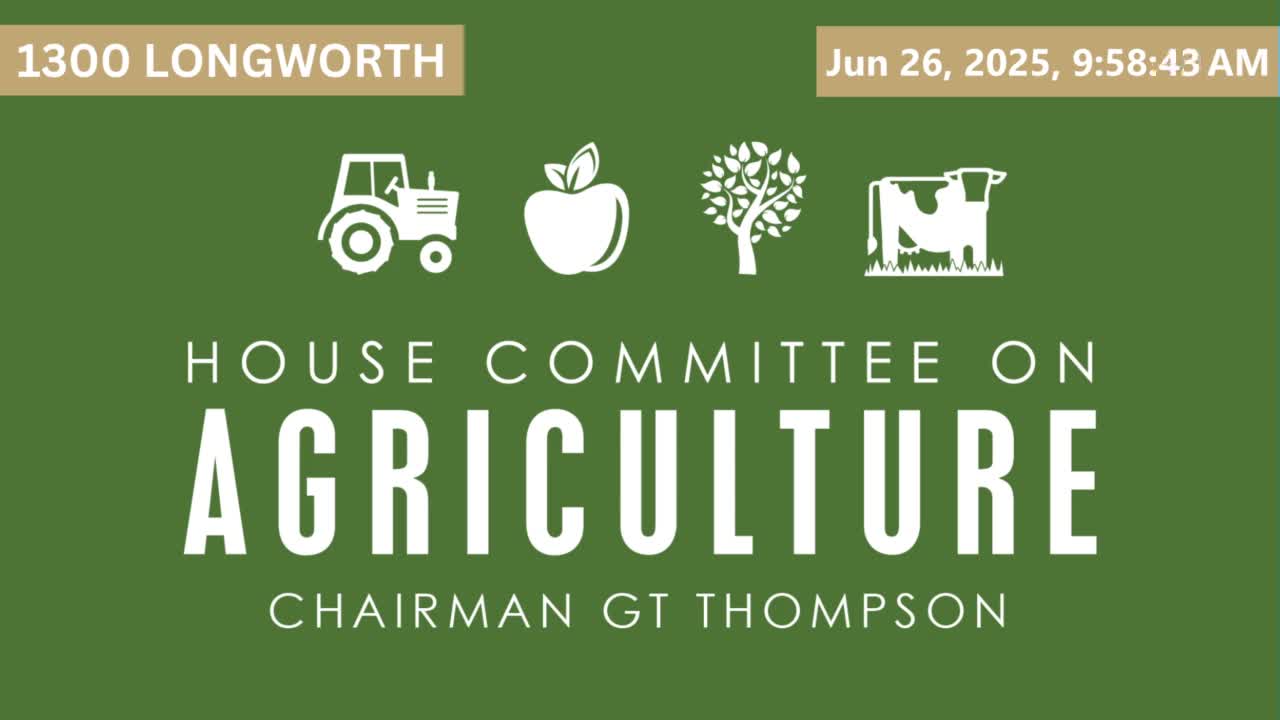Article not found
This article is no longer available. But don't worry—we've gathered other articles that discuss the same topic.

Panel debates clearer emergency-waiver authority, advisory-committee role and fee stability in USGSA reauthorization

Industry urges Congress to give FGIS new authorities and funding to speed adoption of imaging and other inspection technologies

